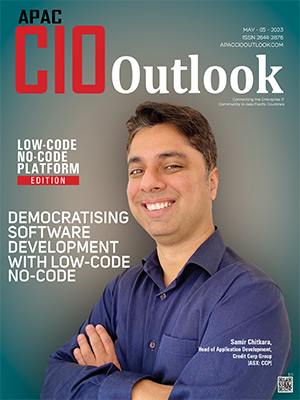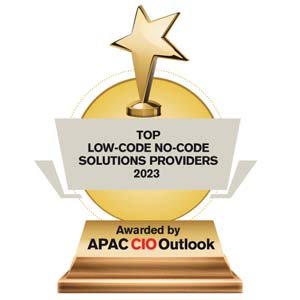Low-code no-code (LCNC) solutions have emerged as a popular approach to application development, allowing organizations to quickly build software applications without requiring extensive programming skills. As a result, the APAC region has seen a significant rise in LCNC solution providers, with companies like Microsoft, Salesforce, and OutSystems leading the way.
One of the primary benefits of LCNC solutions is their ability to democratize software development. These platforms provide a visual interface that allows non-technical users to build applications quickly and easily. This has increased productivity and efficiency, as business users can create applications that meet their specific needs without relying on IT departments.
Another benefit of LCNC solutions is their scalability. These platforms allow organizations to start small and gradually scale up their applications as needed. This is particularly important in the APAC region, where many small or mid-sized organizations may need more resources to invest in large-scale IT projects.
However, as with any emerging technology, there are also challenges associated with LCNC solutions. One of the most significant is the risk of creating applications that need to be more secure or compliant with regulatory requirements. This is a particular concern in the APAC region, where data privacy and security are major issues. To address these challenges, LCNC solution providers in the APAC region are investing heavily in security and compliance features.
In this edition of APAC CIOoutlook, we present top Low-Code No-Code solutions providers in the region. BI MATRIX is one of the prominent Low-Code No-Code solutions providers. We also bring to you thought leadership articles and exclusive insights from expert CIOs and CXOs— Hani Arab, Chief Information Officer, Assetlink; Phil Kauffman, Head of Self-Service Technologies, and Stuart Hughes, Chief Information and Digital Officer, Rolls-Royce Civil Aerospace presenting their views and opinions on how organizations can incorporate changes. We hope the valuable insights from industry thought leaders and the Low-Code No-Code solutions providers featured in this edition help you make informed decisions for your organization. Let us know your thoughts!



























